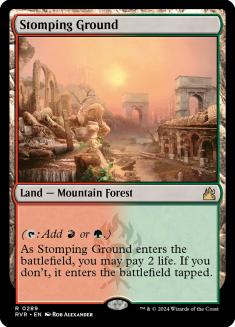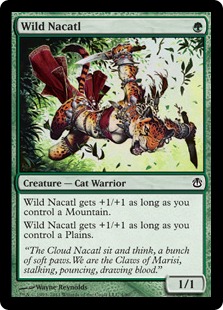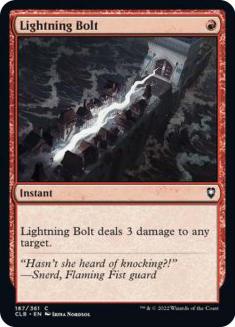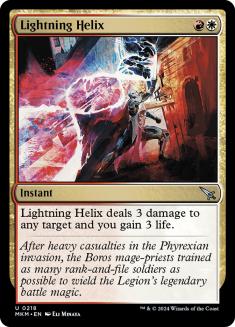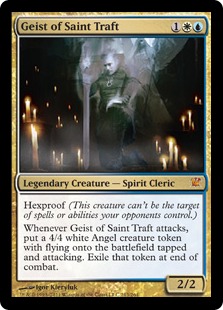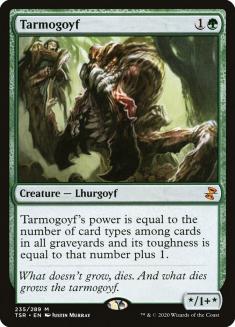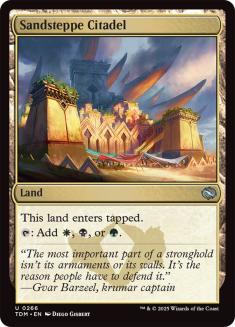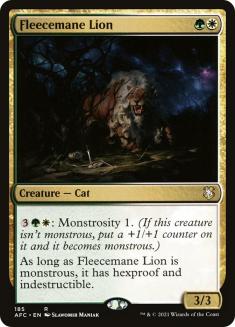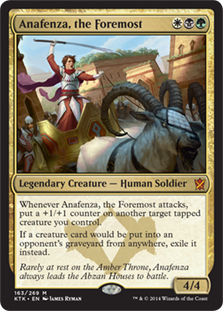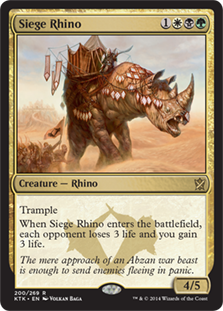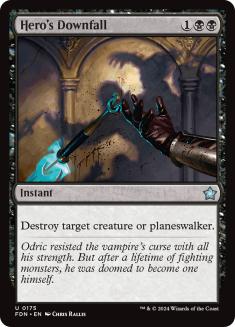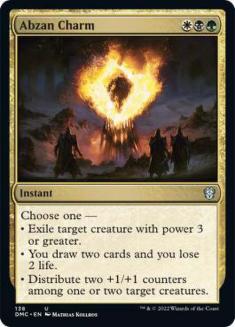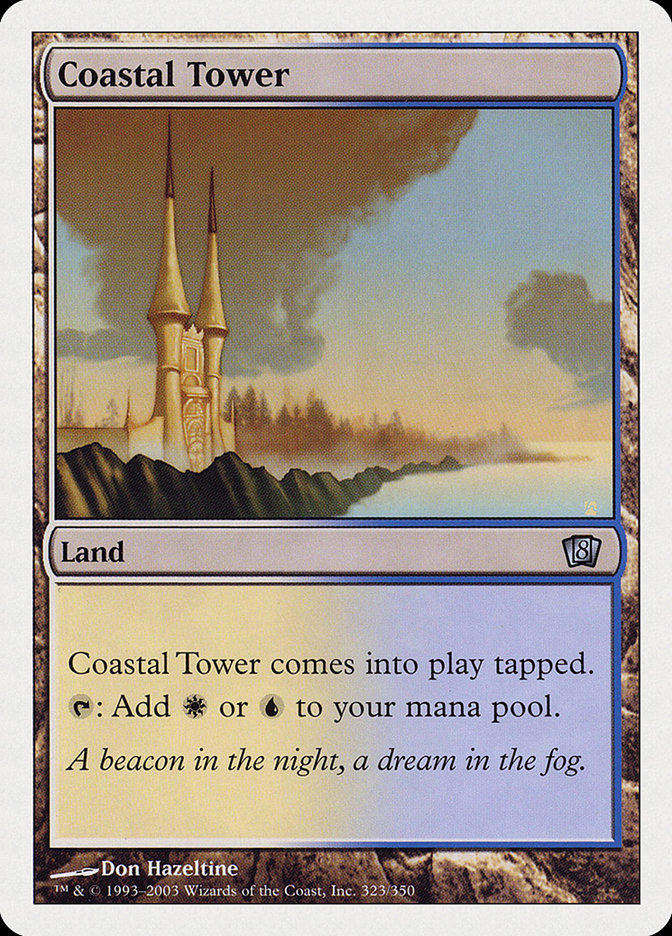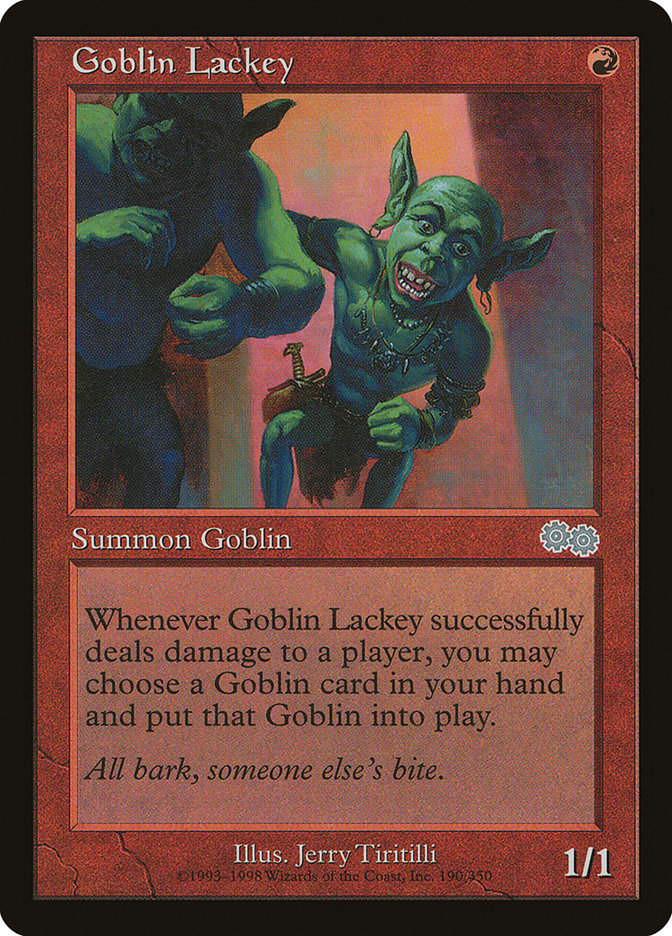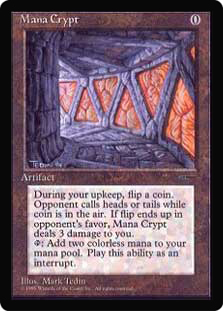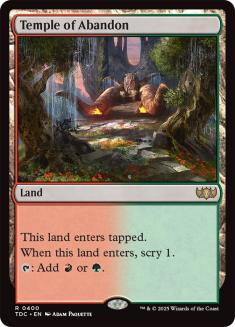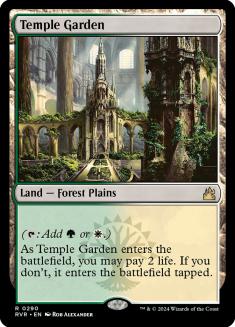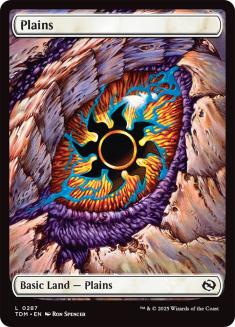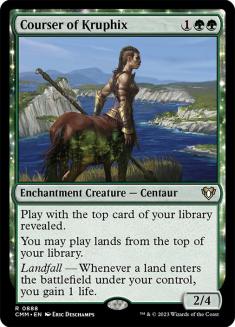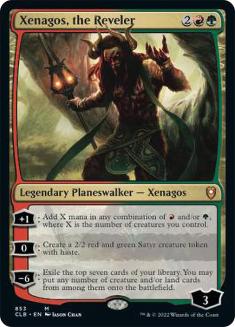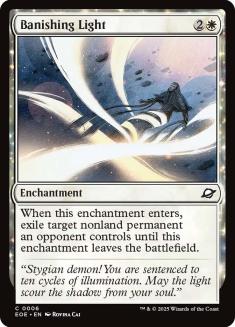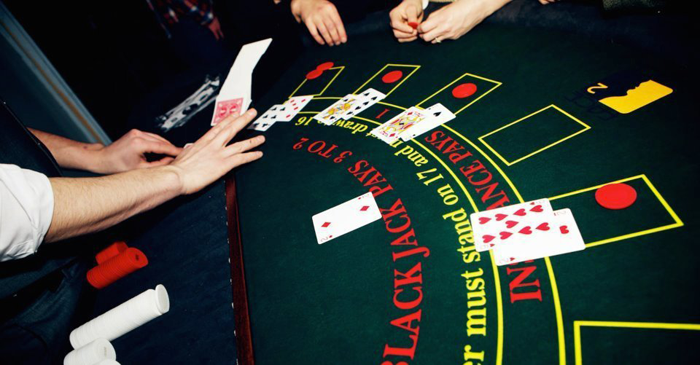
“Are you sure you want that seat? Being the anchor is a big responsibility.”
As it was pretty clear, I was a new player she seemed genuinely concerned about, and her two friends nodded in approval. They were all in their late
twenties, presumably part of a bachelorette party or something.
I glanced across the table to my girlfriend Nicole, who was in seat one, and shot her a puzzled look.
“I’m definitely a poker player, not a blackjack player, but I understand the game. Why would one seat be more important than the others?”
I took my seat anyway as both the dealer–Jackie–and the other players explained to me to the importance of ‘the anchor.’
“The anchor seat is the most important because by going last, they directly control what card the dealer sees next. So if you are showing 16 and the dealer
is showing 16, you stupidly decide to hit, get a ten, and bust, and the dealer gets a 5 for 21 and everyone loses, it’s your fault. You should have just
stood, and the dealer would have gotten the 10 and busted causing everyone at the table to win.”
As the woman in seat three finished her explanation, her two friends and the dealer nodded along in agreement at me, like aunts nodding along at a mother
explaining airplanes to a three year old.
I was awestruck.
“But… they’re just random cards,” I say. “Someone hitting incorrectly ahead of the dealer has no effect on what card the dealer might end up with. What if
he hits incorrectly and it causes the dealer to bust instead? The result is completely independent of the action.”
“That’s just blackjack.”
I glance back at Nicole, who shrugs at me. About ten minutes later seat two next to her opens up, and I’m able to absolve myself the great responsibly that
comes with being in seat six. Amusingly enough, about five minutes after I vacate, the anchor seats a big guy in a blue shirt with a white anchor on it.
All the bachelorettes perk up that this dude was meant to be their anchor and would lead them to riches.
* * * * *
Now I’m no stranger to casinos, but the majority of my time spent in a casino is usually spent either in the poker room, at a restaurant, or occasionally
at the club. As a pretty smart game player, games where the house has an edge (or games that aren’t really games, like slot machines) are really of very
little interest to me.
However, this trip was not for me. We were in Foxwoods for Nicole’s birthday, and she’s a bit more of a degenerate than I am. We played a 120-person poker
tournament where she final tabled, and I busted at level six, then I played some blackjack and roulette. While at both the blackjack and roulette tables
one thing became abundantly clear to me:
The average person has a really poor grasp of how probability works.
Unfortunately, while your average Magic player is definitely smarter than your average person, this is somewhat true with Magic players as well.
In our blackjack example, we are seeing a perfect example of results-oriented thinking. Rather than thinking about the rational idea of probability and
understanding that a random card from the deck is for all intents and purposes just as random as any other card (things like card counting aside),
blackjack players are looking at the result instead. “If only you hit like you were supposed to, the dealer would have busted!”
The problem, of course, is that the only way to know you were supposed to hit – which would reveal a card that would bust the dealer – is to actually see
the next card.
This happens in Magic all the time.
Just because you keep this hand on the play, draw two running fetchlands, and absolutely crush your opponent doesn’t mean that keeping the hand was
necessarily right. Whether keeping it is right or wrong is a discussion for another day, but the fact that there are many factors to discuss just goes to
show how dangerous this sort of results-oriented thinking is.
Do you think you’re above results-oriented thinking?
Answer the following question, honestly:
Do you look at your top few cards after a difficult mulligan decision as you are picking your deck up?
Be honest with yourself, because if you do, there’s still some results-oriented thinking going on in that head of yours.
Just because your top three cards were Llanowar Wastes, Plains, Urborg, Tomb Of Yawgmoth doesn’t mean that a hand like this is ever keepable, and even
looking at those cards is doing nothing more than putting doubt in your head where there should be none.
While results-oriented thinking is illogical and dangerous, it is perhaps even less pervasive than the true gambler’s fallacy.
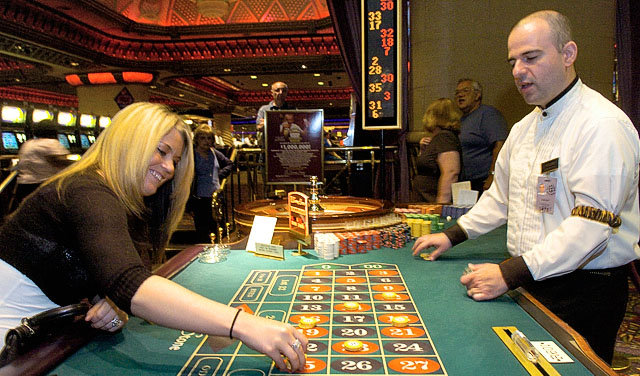
After my foray into the world of blackjack, I would find myself at a roulette table. Again, I knew all the basic rules; the odds of roulette are
essentially fair, with the only damning factor being that while there are 38 pockets on the wheel, the casino only pays out 35-to-1 when you win.
Essentially, you only lose when you win.
Nicole and I sat down, got some chips, and I noticed the board full of numbers over the wheel. I was curious, and it quickly become clear that it was
simply a running count of the last fifteen or so numbers to come up. I mused to myself about what possible purpose that could serve, and someone speaks up.
“Those are the last fifteen numbers to come up. It helps you make your next bet. If there have been a lot of reds lately, you can bet black, or you can see if
any number is running hot.”
Much like at the blackjack table, I stared at him, dumbfounded.
At this point I just bit my tongue, as it really didn’t seem worthwhile to try and explain it to him. My friend had fallen victim to “The Gambler’s
Fallacy,” which is the belief that the probability of a single event happening has any relation at all to previous events.
This one is fairly common in Magic as well.
“I had already drawn four lands in a row, there’s no way I could draw another!”
“He had turn 1 Goblin Lackey games 1 and 2, it seems very unlikely he could have it again for game 3.”
“I haven’t opened a good Fate Reforged rare in a while, I’m definitely due this draft.”
“I had lost the flip on Mana Crypt four turns in a row, and I was at three life with my opponent dead on board as long as I could untap and survive. Would
you believe I lost the flip and died? What are the odds?”
All of these scenarios show how past events really have no bearing on current probability. Yes, you may have lost four Mana Crypt flips in a row, but the
odds of you surviving that last turn to kill them are still 50/50.
Have you ever seen someone keep a hand like this and rationalize it by saying “Well, I already have so many lands, what are the odds that I draw more?”
While it is true that each land in your hand does in fact reduce the odds that you will draw a land, the amount it actually reduces it is quite
small.
Assuming we are playing a 60-card Standard deck with 25 lands in it, this hand has a around a 36% chance to draw a land on its first draw step.
Now let’s look at another sample hand from the same hypothetical deck.
It seems pretty clear that this hand is a keep. It has three lands and a good mix of spells up and down the curve with a removal spell. Again, assuming
this is the same deck as our previous example and is a 60 card deck with 25 lands in it, this hand has around a 42% chance to draw a land on its first draw step.
This is a miniscule 6% difference, which is almost a non-factor.
While unlike our other examples where the odds truly stay the same, it is easy to see the folly in just thinking ‘well I’ve already got lands, I shouldn’t
draw that many more’ without actually thinking through the probabilities.

While both being results-oriented and falling for the gambler’s fallacy seem like things that are easy to avoid, it’s very important to keep an eye out for
them. From a psychological standpoint, I’m not really sure why people seem predisposed to these ways of thinking, but it certainly does feel ingrained in us.
The idea of feeling due, lucky, or unlucky has felled many great card players and intelligent people… don’t let it get in your way!
Bonus Round
You are on a game show called “Everyone’s A Winnar!” which is hosted by the enigmatic Gerard Fabiano.
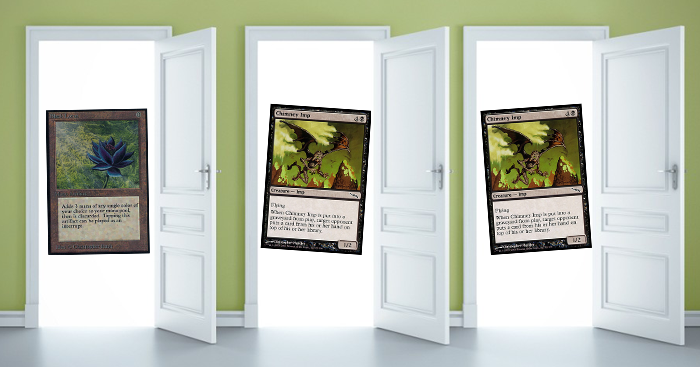
You are in the final round where there are three closed doors. Behind two of these doors are NM copies of the card Chimney Imp. Behind the third door is a
NM Beta Black Lotus, PSA graded 9.8.
You must choose a door, so you decide on door #2. Gerard (who knows what is behind each door) opens one of the doors you did not choose, door #3, and reveals
a Chimney Imp. He then turns to you and asks you a very important question:
“Do you want to switch your door to door #1? Or keep door #2?”
What do you do?

